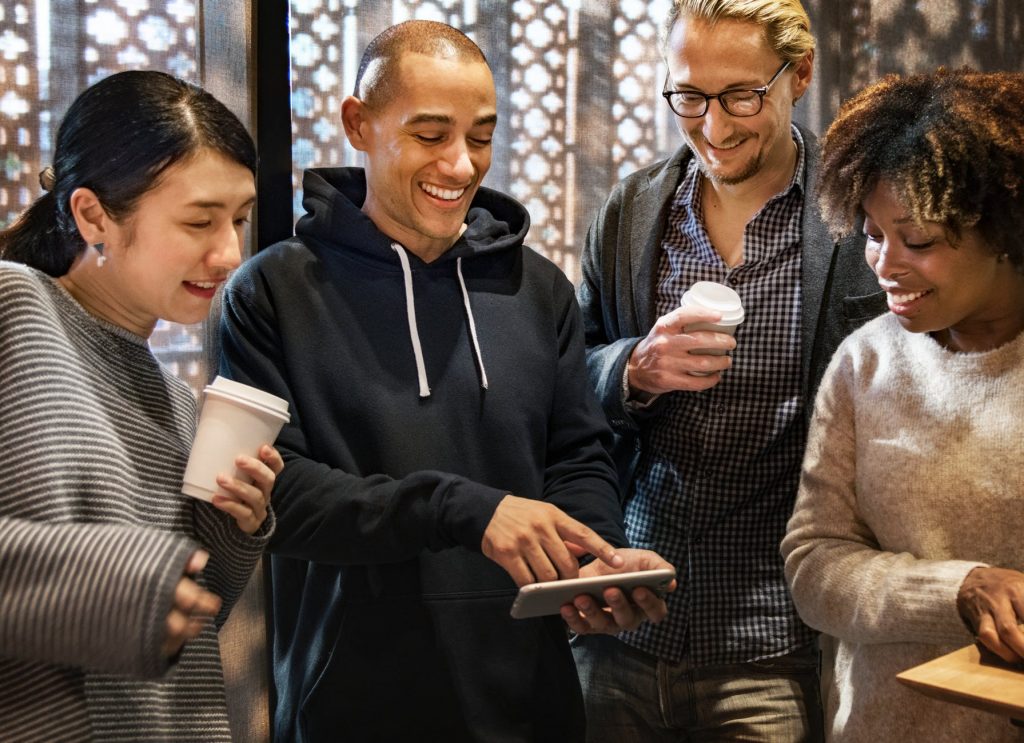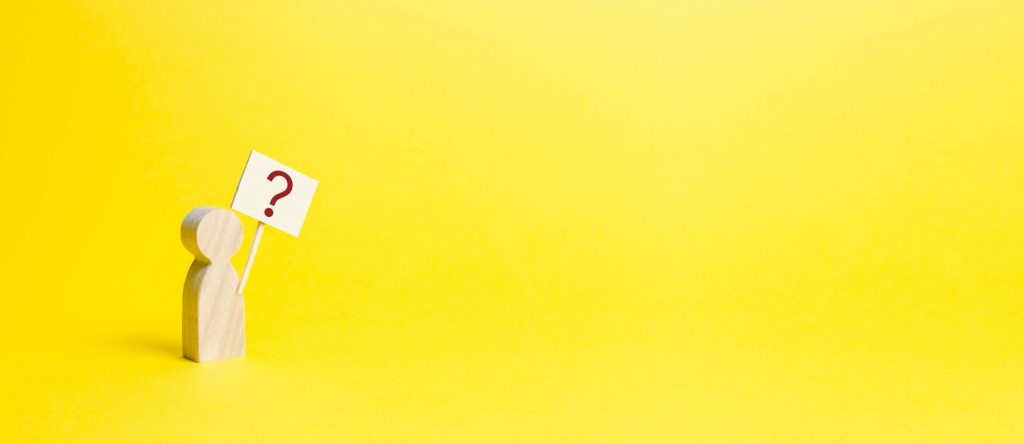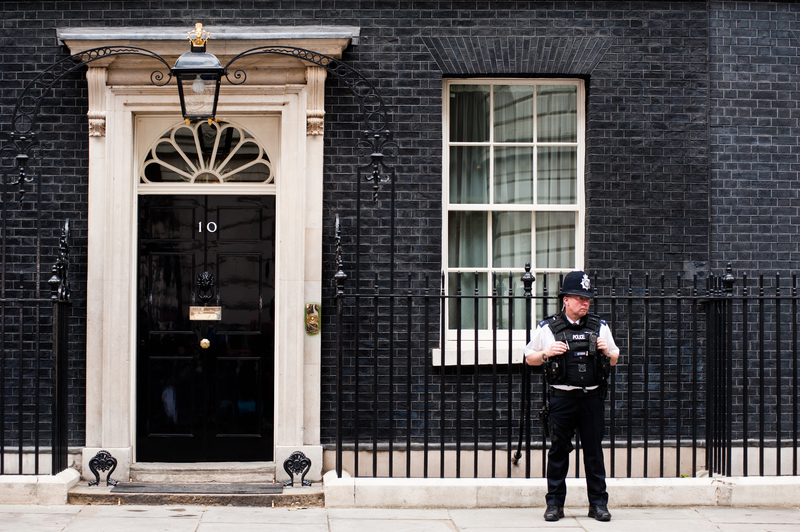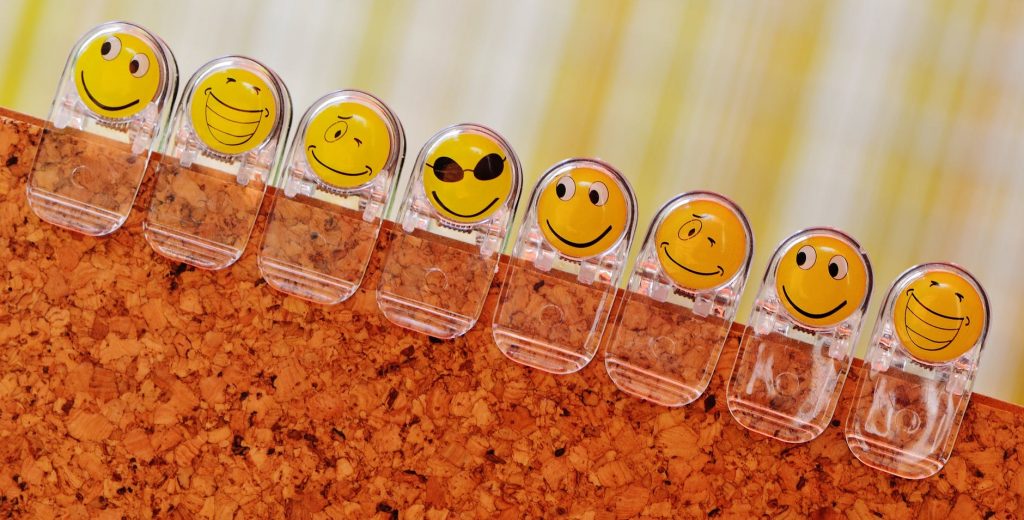4 soft skills definitions

Bookboon author Manmohan Joshi defines soft skills as the personal character traits or qualities each of us has. He says that these skills make us who we are, generally encompassing our attitudes, habits and how we interact with other people. They refer to abilities that make people better employees and open doors for many opportunities that are not directly related to the subject matter of their jobs. In other words, soft skills refer to a person’s ability to relate to others, to get him/her and others organised, to communicate in written, spoken or other forms. Here are three more soft skills definitions:
Soft skills definition 2:
Soft skills have been defined by the World Health Organisation as follows: These are the abilities for adaptive and positive behaviour that enable individuals to deal with the demands and challenges of everyday life.
Soft skills definition 3:
UNICEF defines soft skills development as: A behaviour change or behaviour development approach designed to address a balance of three areas: knowledge, attitude, and skills.
Soft skills definition 4:
The balance careers defines soft skills as:
The personal attributes, personality traits, inherent social cues, and communication abilities needed for success on the job. Soft skills characterize how a person interacts in his or her relationships with others. Unlike hard skills that are learned, soft skills are similar to emotions or insights that allow people to “read” others. These are much harder to learn, at least in a traditional classroom. They are also much harder to measure and evaluate. Soft skills include attitude, communication, creative thinking, work ethic, teamwork, networking, decision making, positivity, time management, motivation, flexibility, problem-solving, critical thinking, and conflict resolution.




